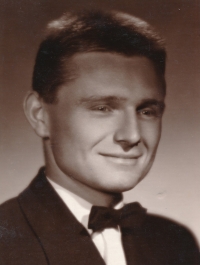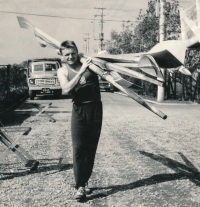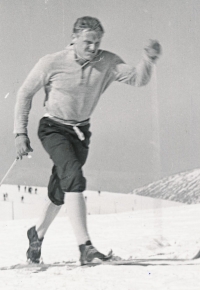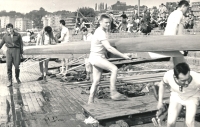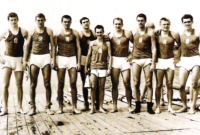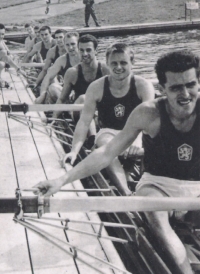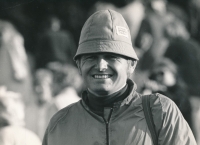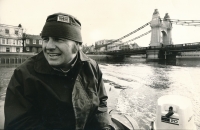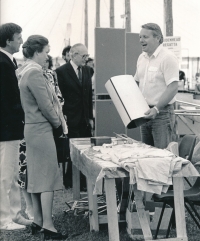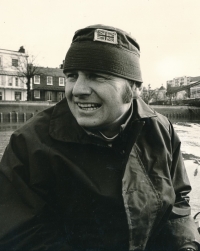He won medals for England, but was not allowed home. Not even to his mum’s funeral.
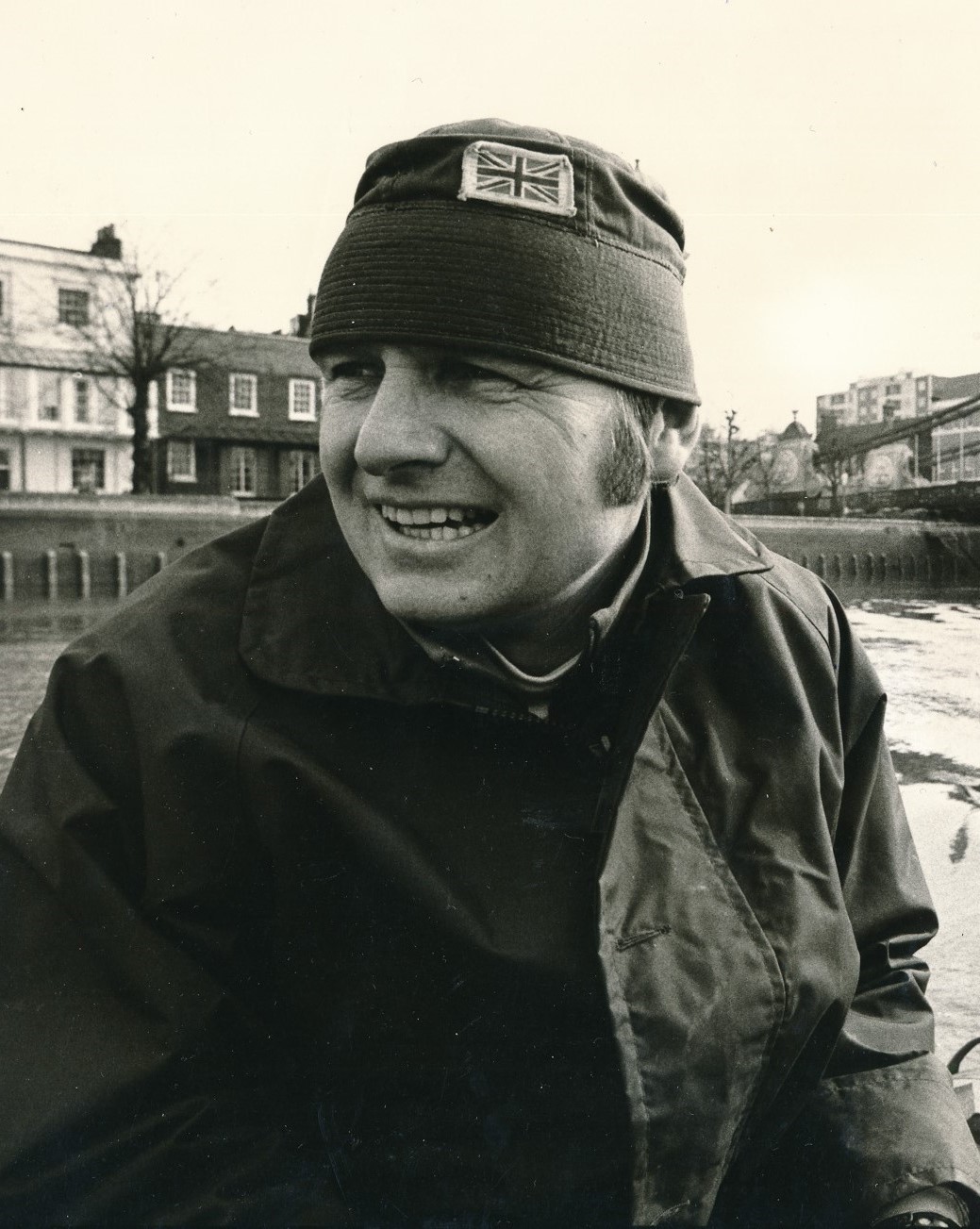
Download image
Bohumil Janoušek was born on 7 September 1937 in Prague. He grew up with his mother Anna, his father Bohumil and his brother four years younger. His father was severely wounded at the barricade in Braník in May 1945, he was shot twice in the abdomen, which he survived with great luck. Bohumil Janoušek got into boats thanks to the scout club, after its dissolution he was in the yacht club, from where he moved to the rowing club. He graduated from the Mechanical Engineering School in Prague and in 1956 joined the Institute of Physical Education and Sport at Charles University. In 1959 he made the Czechoslovak national team and won a silver medal at the European Championships with the eight-man rowing team. At the 1960 Summer Olympics in Rome he won a bronze medal with the eight-man rowing team, and he also took third place in the same boat at the 1964 Tokyo Olympics. In 1967 he became the national coach. At the 1968 Summer Olympics, the Czechoslovak eight-man rowing team won fifth place. They failed to win a medal because they were missing a competitor who was eliminated due to kidney failure after a race. In the autumn of 1969, the Pragosport foreign trade company sent Bohumil Janoušek to Great Britain for a year’s coaching engagement. Bohumil Janoušek did not return to his homeland and stayed in London with his wife and two young daughters. As an emigrant, he was unable to travel to Czechoslovakia in 1976 for his mother’s funeral. Great Britain won two silver medals at the 1974 World Rowing Championships under his leadership, and repeated the same success at the 1976 Summer Olympics in Montreal, Canada. Bohumil Janoušek quit coaching the British national team in the same year and worked in a boat manufacturing company until 1981. He then set up his own workshop where he made rowing boats. At its peak it had twenty-five employees and made six boats a week. He revisited his native country in 1991, but has remained in the UK permanently. In 2023 he was living there with his wife, two daughters and four grandchildren.
